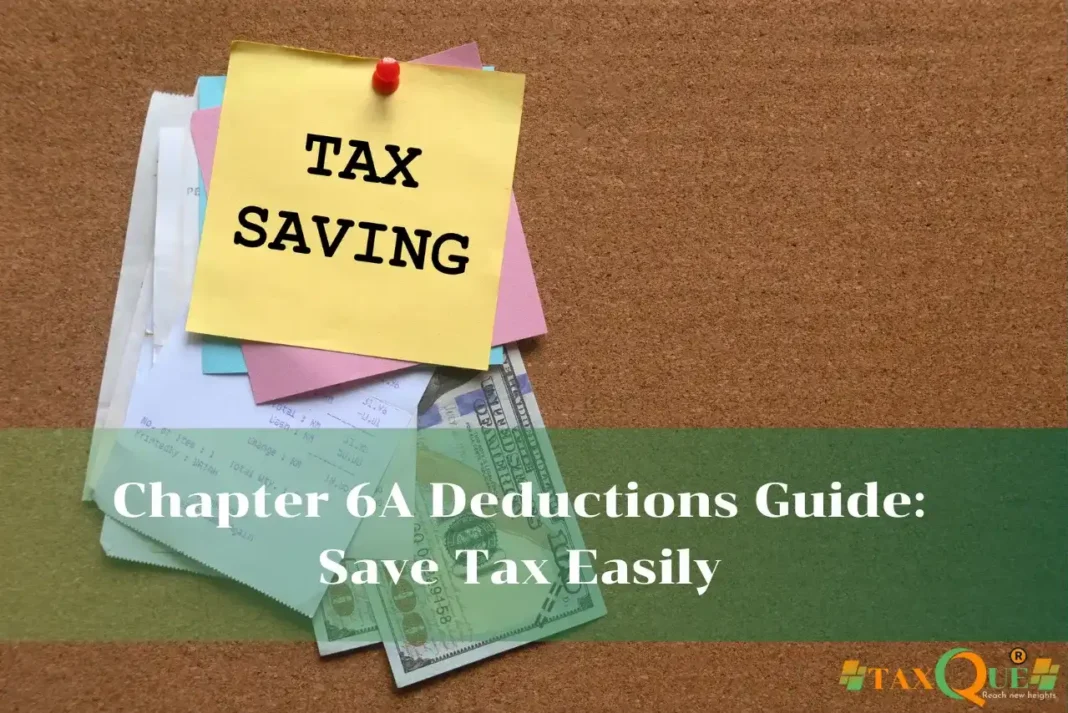Introduction
Income from horse race is classified under “Income from Other Sources” in India, as per the Income Tax Act, 1961, and is taxed at a flat 30% rate. Whether you win big at the racetrack or through betting, understanding how this income is taxed is crucial for compliance. Income from horse race includes winnings from legal betting on horse races, considered a game of skill in India. This guide explains the tax rules, TDS deductions, reporting requirements, and more, based on verified information as of June 2025.
What is Income from Horse Race?
Income from horse race refers to winnings earned from betting or participating in horse racing events in India. Unlike regular income from salary or business, these winnings are treated as speculative or gambling income and fall under the head “Income from Other Sources” as per the Income Tax Act, 1961. This classification is due to its unique nature, as it doesn’t fit into other income heads like Salary, House Property, Business or Profession, or Capital Gains.
- Legal Status: Horse racing is legal in India under the Indian Contract Act, 1872, as it’s considered a game of skill, not chance.
- Tax Authority: Governed by Section 115BB for taxation and Section 194BB for TDS.
Example: If you win ₹50,000 from a horse race bet in Hyderabad, it’s taxed under Income from Other Sources at 30%, with TDS deducted if above ₹10,000.
Why is Income from Horse Race Under Other Sources?
The Income Tax Act classifies income from horse race under “Income from Other Sources” because it doesn’t align with other income heads:
- Not Salary: It’s not earned through employment.
- Not House Property: It’s unrelated to property rentals.
- Not Business: While frequent betting might seem like a business, it’s treated as speculative, not regular business activity.
- Not Capital Gains: It doesn’t involve selling assets.
Section 115BB explicitly includes winnings from races, including horse races, under “Other Sources,” taxing them at a flat 30% rate. This ensures a uniform tax treatment for gambling-related incomes, like lotteries or card games.
Tax Rules for Income from Horse Race
Here are the key tax rules for income from horse race in India, as of June 2025:
| Aspect | Details |
|---|---|
| Tax Rate | Flat 30% under Section 115BB, regardless of income slab |
| TDS | 30% TDS on winnings above ₹10,000 in a single transaction (Budget 2025) |
| Deductions | No deductions allowed, including standard deduction of ₹50,000 |
| Loss Set-Off | Losses from horse racing cannot be set off against other income (Section 74A) |
| ITR Reporting | Report under “Income from Other Sources” in ITR forms |
- TDS Details: As per Section 194BB, TDS is deducted at source if winnings exceed ₹10,000 in one transaction. For example, a ₹20,000 win results in ₹6,000 TDS, and you receive ₹14,000.
- Surcharge and Cess: A surcharge (10-25%) applies if total income exceeds ₹50 lakh, plus a 4% health and education cess.
Example: Winning ₹1 lakh from a horse race means ₹30,000 TDS is deducted, and you report the full ₹1 lakh in your ITR under “Other Sources.”
How to Report and File Income from Horse Race
To comply with tax rules for income from horse race, follow these steps:
- Track Winnings: Keep records of all winnings, especially those above ₹10,000, where TDS is deducted.
- Check Form 26AS: Verify TDS details in Form 26AS, available on the Income Tax portal, to claim credit during ITR filing.
- File ITR: Report the full amount of winnings under “Income from Other Sources” in your ITR (e.g., ITR-1 or ITR-2, depending on income sources).
- Claim TDS Credit: Adjust the TDS deducted against your tax liability when filing your ITR.
- Pay Additional Tax (if any): If your total tax liability exceeds TDS, pay the balance before the ITR deadline (July 31 for most taxpayers).
Example: If you win ₹50,000 (TDS ₹15,000), report ₹50,000 in your ITR, claim ₹15,000 TDS credit, and pay any additional tax based on your slab.
Benefits and Challenges
Benefits:
- Clear Tax Rules: The flat 30% rate simplifies tax calculations for income from horse race.
- Legal Recognition: Horse racing is a legally permitted activity, ensuring winnings are taxable but not banned.
- TDS Automation: TDS deduction at source reduces the burden of manual tax payments.
Challenges:
- No Deductions: No exemptions or deductions make the 30% rate high for some taxpayers.
- Record-Keeping: Tracking multiple small winnings can be tedious, especially if below TDS thresholds.
- Compliance: Failing to report winnings can lead to penalties or scrutiny by tax authorities.
Tip: Use tax platforms like ClearTax to simplify ITR filing and TDS tracking.
FAQs
- What head does income from horse race fall under?
Income from horse race falls under “Income from Other Sources” as per the Income Tax Act, 1961, taxed at 30% under Section 115BB. - What is the tax rate for income from horse race?
It’s taxed at a flat 30%, with no deductions allowed, plus a 4% cess and applicable surcharge if income exceeds ₹50 lakh. - Is TDS deducted on horse race winnings?
Yes, 30% TDS is deducted on winnings above ₹10,000 in a single transaction, as per Section 194BB and Budget 2025 updates. - Can I claim deductions on income from horse race?
No, no deductions or exemptions, including the ₹50,000 standard deduction, are allowed for horse race winnings. - How do I report income from horse race in ITR?
Report it under “Income from Other Sources” in your ITR, claim TDS credit from Form 26AS, and file by July 31.
Conclusion
Income from horse race is classified under “Income from Other Sources” in India, taxed at a flat 30% rate under Section 115BB, with TDS deducted on winnings above ₹10,000. This TaxQue framework ensures compliance but offers no deductions, requiring careful reporting in your ITR. Use platforms like TaxQue to track TDS and file returns easily. Stay informed, maintain records of your winnings, and comply with tax rules to manage your income from horse race effectively as of June 2025.





